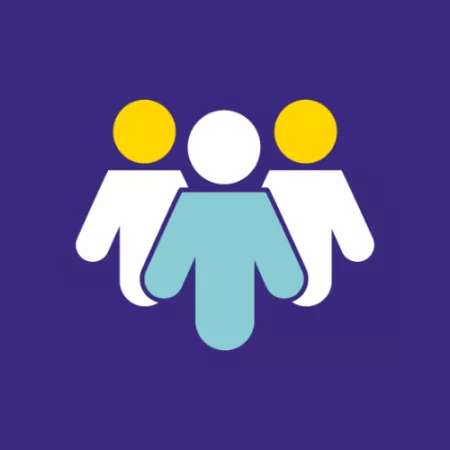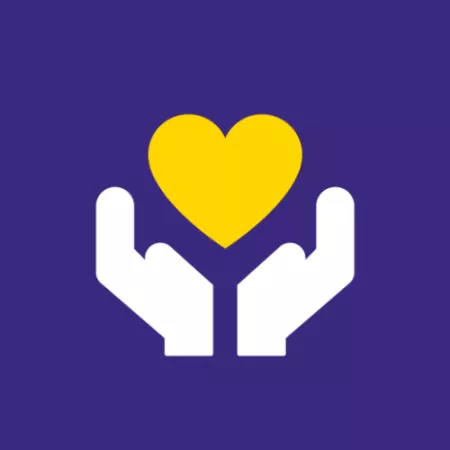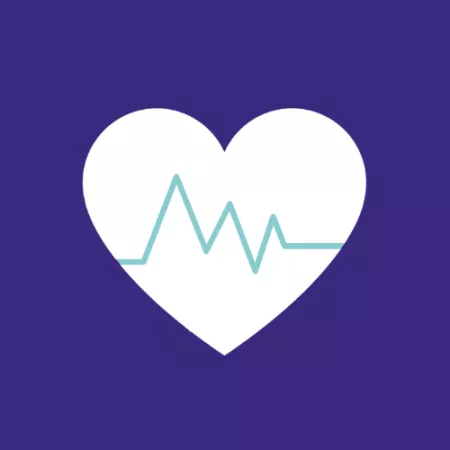In each part of the UK there are different systems in place to support children with special educational needs.
This page covers special educational needs support in Northern Ireland.
Assessment of Behaviour and Learning in Epilepsy (ABLE) tool
It’s vital to identify the special educational needs of children with epilepsy as early as possible.
For this reason, Young Epilepsy has developed the Assessment of Behaviour and Learning in Epilepsy (ABLE) tool.
ABLE can help parents, carers and teachers to make the right decisions for:
- Support in early years settings
- Statements of special educational needs
In some cases, children with additional educational needs may also qualify for extra support during exams.
In school support - Step by Step approach
Children learn in different ways and can have different levels of need. Most children can have their needs met in a mainstream school. However, if it is decided that your child has special needs, all those involved in their education will take a three-stage step-by-step approach to meeting their needs:
Stage one begins with the concern that a child may have special educational needs. The school may provide or arrange special help within the normal curriculum framework e.g. exploring ways in which increased differentiation of class work, alternative teaching and learning strategies or different classroom organisation might better meet your child’s needs.
At Stage two, an indivdualised Education Plan is drawn up.
The Education Plan might include:
- what special or additional help is being given
- who will provide the help and how often
- what help you can give your child at home
- your child's targets
- how and when progress will be checked
At Stage three, their teacher should talk to you about advice from appropriate external specialists. These could include a specialist teacher or a speech and language therapist.
Statement of special educational needs
If your child needs more help than their school can offer, they may be able to get more help from your local authority.
You or your child’s school can ask the Education Authority to carry out a statutory assessment to see if your child needs a statement of special educational needs.
A statement of special educational needs sets out your child’s needs and the support the local authority will give.
Early years settings
The Special Educational Needs Early Years Inclusion Service (SEN EYIS) supports pre-school children with special educational needs.
The Early Years Hub (EYH) is the single point of referral to the service.
Referrals to the EYH come from children’s doctors for pre pre-school-aged children and from educational psychologists for pre-school-aged children.
Further information and support
To find out more about getting the right support for your child, early years support and statements of special educational needs, click on the links below:
- NI Department of Education – SEN guidance for parents
- NI Direct – Special educational needs
- Education Authority – statutory assessment
- Education Authority – statement of special educational needs
- Education Authority – children with medical needs
- The Early Years Hub (EYH)
- Special Educational Needs Advice Centre (SENAC) – information and advice on getting help and support for children with learning difficulties and special educational needs






